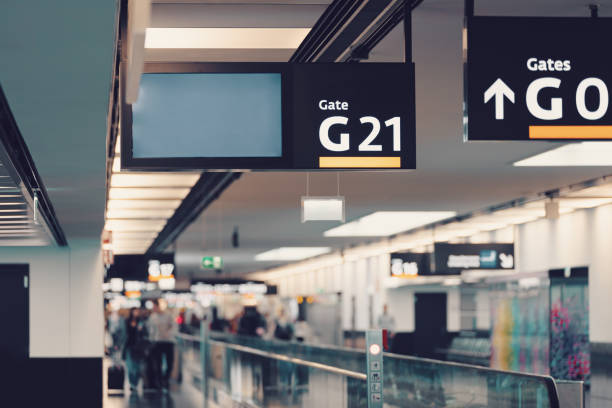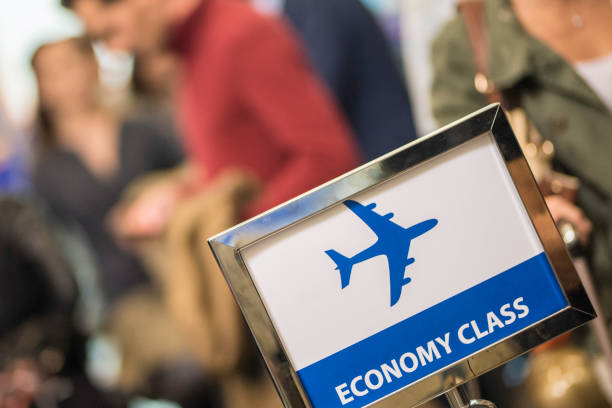The Dubai Airport Freezone has rapidly transformed into a vital hub for business success in the United Arab Emirates. This freezone presents a unique blend of strategic location, tax incentives, and world-class infrastructure, making it an ideal place for companies to flourish. By examining the case studies of various successful companies within this freezone, we gain valuable insights into their strategies, challenges, and the benefits they leveraged to achieve remarkable growth. This article delves into the success stories of three distinct companies, detailing how they utilized the Dubai Airport Freezone to their advantage.
Why Dubai Airport Freezone is a Hotspot for Business
Strategic Location
The Dubai Airport Freezone’s proximity to Dubai International Airport makes it a prime location for businesses. Companies benefit from reduced shipping times and costs, enabling them to efficiently manage logistics and supply chains. Additionally, being close to the airport provides easy access to global markets, facilitating quicker movement of goods and personnel. The strategic location ensures that companies can seamlessly connect to clients, suppliers, and partners around the world.
Business-Friendly Environment
One of the key attractions of the Dubai Airport Freezone is its business-friendly environment. Companies operating within the freezone enjoy significant tax exemptions and a simplified regulatory framework, which lowers operational costs and reduces administrative burdens. These advantages create a conducive atmosphere for businesses to focus on growth and innovation. Moreover, the freezone offers services to streamline business operations, including assistance with licensing, visas, and more.
Infrastructure and Facilities
The Dubai Airport Freezone is equipped with state-of-the-art facilities and advanced technological support, which are crucial for modern businesses. From high-quality office spaces and warehouses to cutting-edge IT infrastructure, companies have access to everything they need to run their operations smoothly. The freezone also boasts robust support services, such as logistics and supply chain management, ensuring that businesses can maintain high standards of efficiency and productivity.
Case Study 1: Company A
Background
Company A is an Information Technology firm that entered the Dubai Airport Freezone to expand its regional and global presence. Initially, the company operated on a smaller scale, focusing on localized markets with limited resources. The decision to shift to the freezone was driven by the potential for exponential growth and increased market reach.
Strategy and Execution
The company leveraged the freezone’s technological resources to enhance its service offerings. By utilizing advanced IT infrastructure and availing various incentives, Company A managed to implement innovative solutions that set it apart from competitors. The freezone’s supportive ecosystem played a pivotal role in executing these strategies effectively.
Results
After entering the Dubai Airport Freezone, Company A witnessed impressive growth metrics. Revenue surged by 50% within the first year, and the company successfully expanded its market presence across multiple regions. Significant milestones were achieved, including partnerships with global tech giants, reinforcing its position as a major player in the IT industry.
Case Study 2: Company B
Background
Company B, operating in the manufacturing sector, faced numerous challenges before setting up in the Dubai Airport Freezone. The company struggled with high operational costs and inefficient supply chains. The objective was to optimize these aspects while scaling up production capabilities.
Business Transformation
Leveraging Freezone Benefits
The tax breaks and financial incentives offered by the freezone played a crucial role in reducing operational costs for Company B. Additionally, the strategic location allowed for easier access to global supply chains, which streamlined the company’s logistics operations. By integrating these benefits into their business model, Company B achieved significant cost savings and efficiency improvements.
Outcomes
Operational efficiencies were notable, resulting in a 30% reduction in production costs. Market expansion followed, with the company securing new contracts and entering previously untapped regions. Key partnerships with international suppliers enabled further growth, solidifying its market presence.
| Metric | Before Freezone | After Freezone |
|---|---|---|
| Production Costs | High | 30% Reduction |
| Market Reach | Limited | Expanded |
| Operational Efficiency | Average | Optimized |
Case Study 3: Company C
Background
Company C is an e-commerce business that aimed to enhance its market position and attract a broader customer base. Initially, the company faced stiff competition and struggled with limited technological resources. The move to the Dubai Airport Freezone was seen as an opportunity to leverage advanced infrastructure and innovative strategies.
Strategic Developments
Utilization of Technology
By implementing cutting-edge e-commerce solutions and tapping into the freezone’s advanced IT infrastructure, Company C significantly upgraded its online platform. Digital marketing strategies were also fine-tuned to reach a wider audience. This technological integration played a key role in the company’s growth trajectory.
Results
The results were impressive: a marked increase in sales, a more extensive customer base, and technological advancements that provided a competitive edge. Company C’s sales grew by 40%, and the customer retention rate improved significantly, showcasing the benefits of leveraging the Dubai Airport Freezone’s resources.

Lessons Learned from These Case Studies
Common Success Factors
Several common factors emerged from these success stories:
- Effective utilization of the Freezone’s unique benefits.
- Strategic market positioning and innovative approaches.
- Adoption of advanced technologies to enhance business operations.
Challenges and How They Were Overcome
Companies faced challenges such as regulatory hurdles and intense market competition. However, the support services within the Dubai Airport Freezone provided the necessary assistance to overcome these obstacles. For instance, regulatory guidance and streamlined processes helped businesses navigate administrative complexities efficiently.
Future Prospects
Emerging trends indicate a bright future for businesses in the Dubai Airport Freezone. Opportunities abound in sectors such as IT, manufacturing, and e-commerce, with ongoing advancements in technology and infrastructure supporting continual growth. New businesses looking to set up in the freezone can expect a supportive environment fostering innovation and expansion.
conclusion
The stories of Companies A, B, and C underscore the immense potential that the Dubai Airport Freezone offers to businesses. From strategic location and tax incentives to advanced infrastructure and supportive services, the freezone provides a fertile ground for growth and success. As these case studies demonstrate, companies that strategically leverage these benefits can achieve significant milestones. For businesses aspiring to scale new heights, the Dubai Airport Freezone presents an unparalleled opportunity for growth and innovation.
Часто задаваемые вопросы
What makes Dubai Airport Freezone unique compared to other Freezones?
Dubai Airport Freezone offers a prime location, robust infrastructure, and comprehensive business support services, making it highly competitive for businesses seeking growth and global market access. These combined advantages set it apart from other freezones.
How can a business benefit from setting up in Dubai Airport Freezone?
Businesses can enjoy significant tax exemptions, business-friendly regulations, state-of-the-art facilities, and access to a vast network of global markets, which facilitates growth and operational efficiency.
Are there specific industries that thrive better in Dubai Airport Freezone?
While the Freezone supports a diverse range of industries, sectors like Information Technology, Manufacturing, and E-commerce have shown notable success due to the strategic advantages provided by the Freezone.
What are some common challenges businesses face in Dubai Airport Freezone?
Businesses may encounter regulatory challenges, intense market competition, and logistical issues. However, the support services within the Freezone can help mitigate these challenges effectively.
How important is innovation for companies in Dubai Airport Freezone?
Innovation is crucial for maintaining competitive advantage and expanding market reach. Companies that leverage technological advancements and innovative strategies tend to achieve higher success rates in the Freezone.



